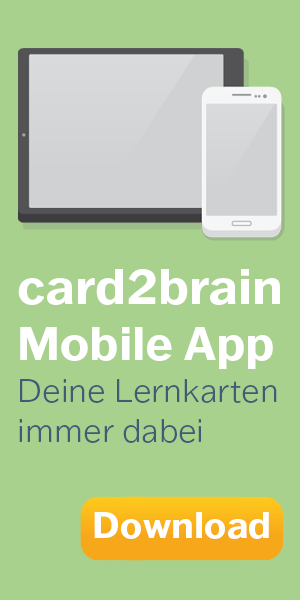ILEC
Unit 12: negotiable instruments / commercial paper (US)
Unit 12: negotiable instruments / commercial paper (US)
Kartei Details
| Karten | 24 |
|---|---|
| Sprache | English |
| Kategorie | Englisch |
| Stufe | Andere |
| Erstellt / Aktualisiert | 25.11.2011 / 02.01.2012 |
| Lizenzierung | Kein Urheberrechtsschutz (CC0) |
| Weblink |
https://card2brain.ch/box/ilec11
|
| Einbinden |
<iframe src="https://card2brain.ch/box/ilec11/embed" width="780" height="150" scrolling="no" frameborder="0"></iframe>
|
negotiable instruments / commercial paper (US)
(promissory notes, certificates of deposit and cheques)
"Geldmarktpapier"
A negotiable instrument is a document guaranteeing the payment of a specific amount of money, either on demand, or at a set time. According to the Section 13 of the Negotiable Instruments Act, 1881 in India, a negotiable instrument means a promissory note, bill of exchange or cheque payable either to order or to bearer. So, there are just three types of negotiable instruments such as promissory note, bill of exchange and cheque. Cheque also includes Demand Draft [Section 85A].
promissory notes
A promissory note is an unconditional promise in writing made by one person to another, signed by the maker, engaging to pay on demand to the payee, or at fixed or determinable future time, certain in money, to order or to bearer. (see Sec.194) Bank note is frequently referred to as a promissory note, a promissory note made by a bank and payable to bearer on demand.
certificates of deposit
certificate issued by the bank aknowledging receipt of money and promising to pay it back; a promissory note issued by a bank
indorsement
A signature on a negotiable instrument (such as a cheque) indicating a person's intent to become a party to the instrument.
nemo dat rule
"he who hath not cannot give"
Nemo dat quod non habet, literally meaning "no one [can] give what he does not have" is a legal rule, sometimes called the nemo dat rule, that states that the purchase of a possession from someone who has no ownership right to it also denies the purchaser any ownership title. This rule usually stays valid even if the purchaser does not know that the seller has no right to claim ownership of the object of the transaction (a bona fide purchaser); however it is often difficult for courts to make judgments as in many cases there is more than one innocent party. As a result of this there are numerous exceptions to the general rule which aim to give a degree of protection to bona fide purchasers as well as original owners.
alienability
Übertragbarkeit
possibility to be transferred.
bona-fide purchaser for value
someone who holds a negotiable instrument in good faith.
Bona fide purchaser for value refers to a person who purchases legal title to a real property without actual or constructive notice of any infirmities, claims or equities against the title. Generally, such a purchaser is not affected by the transferor’s fraud against a third party. A bona fide purchaser for value also possesses a superior right to the transferred property against the creditor of the transferor to the extent of the consideration s/he (purchaser) has paid. A bona fide purchaser for value is also known as innocent purchaser for value
holder in due course
rechtmässiger Inhaber
A holder in due course is one possessing a check or promissory note, given in return for something of value, who has no knowledge of any defects or contradictory claims to its payment. Such a holder is entitled to payment by the maker of the check or note.







